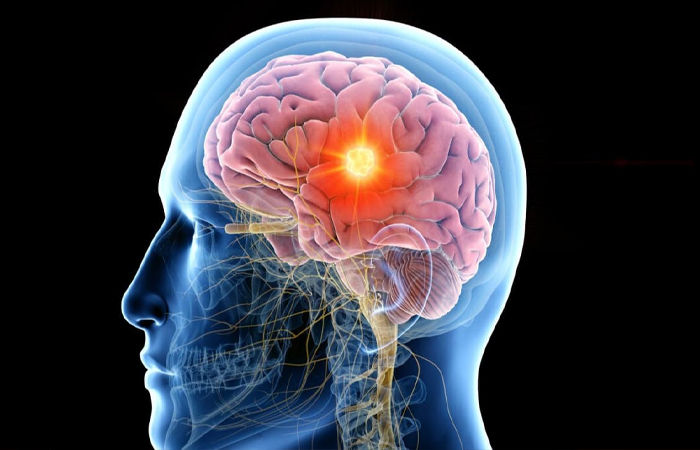What Is GERD? Gastroenterologist answers all FAQs
New Delhi: Are you experiencing heartburn, nausea vomiting, or bloating? Well, it can be due to Gastroesophageal reflux disease (GERD). Know about the symptoms and treatment of it. Gastroesophageal reflux disease (GERD) occurs when stomach acid frequently escapes into the esophagus, the tube that links the mouth to the stomach. This phenomenon, known as acid reflux, can irritate the esophageal lining. While many people tend to suffer from acid reflux, persistent episodes over time can result in GERD.
In an interaction with News9Live, Dr. Meghraj Ingle, Director and Senior Consultant Gastroenterology Gleneagles Hospitals, Parel, Mumbai, spoke about GERD and its long-term effects on health.
The symptoms of this condition include heartburn, belly or chest pain, sour taste in the mouth, nausea and vomiting, inability to swallow, dry cough, bloating, burping, sore throat, loss of appetite, burning sensation in the stomach, bringing food back up (regurgitation), hoarseness, disrupted sleep.
The causes of GERD
Gastroesophageal reflux disease (GERD) arises from a range of factors that disrupt the normal functioning of the lower esophageal sphincter (LES). One primary cause is obesity, which increases abdominal pressure and can lead to a weakening of the LES. This excessive pressure invites stomach acid to rise into the esophagus, causing discomfort and damage. Dietary choices such as high-fat foods, spicy curries, or acidic beverages can contribute to GERD symptoms by stimulating gastric acid production or directly irritating esophageal tissues.
Stress and lack of sleep have been linked to aggravating GERD symptoms; they not only influence eating habits but also trigger physiological changes that decrease LES function. Stress can lead some individuals to seek comforting foods high in fat or sugar while simultaneously escalating stomach acidity levels during stressful episodes. Other factors causing GERD are pregnancy, smoking, eating heavy meals late at night, and certain medications.
The complications
Chronic GERD, if left unmanaged, can lead to esophagitis, which is inflammation of the esophagus. One can also suffer from Barrett’s esophagus, a condition where normal cell lining transforms into abnormal cells, significantly raising the risk of esophageal cancer. Refluxed stomach acid can irritate airways and lungs, leading to chronic cough, asthma exacerbations, and even pneumonia due to aspiration.
The treatment
Proton pump inhibitors (PPIs), incorporating mindful eating practices such as smaller, more frequent meals and avoiding trigger foods can reduce the chances of GERD. Eliminating trigger foods such as spicy dishes, citrus fruits, and high-fat items can provide relief. Engaging in regular physical activity, stress management techniques such as yoga or meditation, maintaining an optimum weight, avoiding heavy meals during the night, elevating the head while sleeping, eating slowly, quitting smoking and alcohol, and not lying down immediately after the meal.






